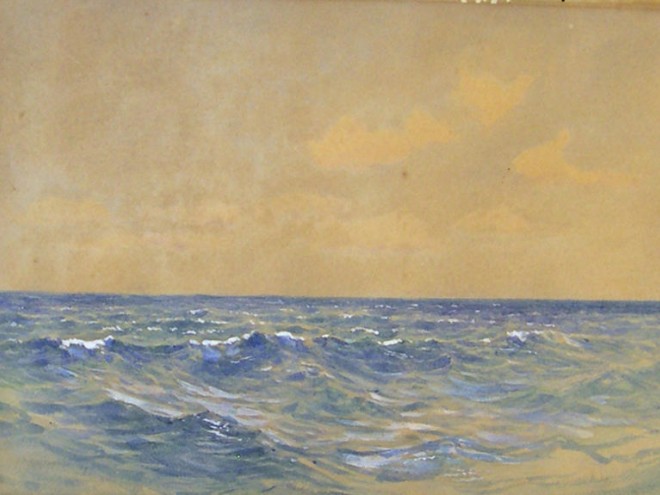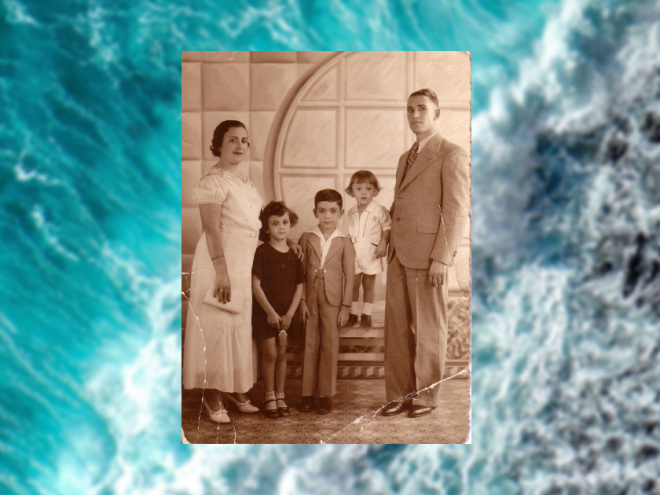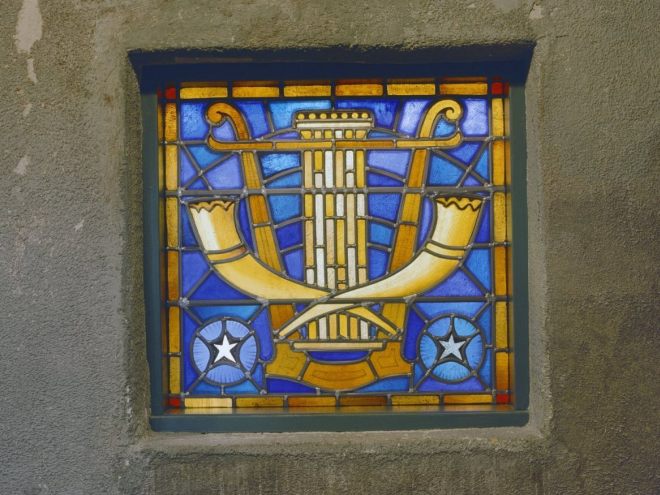To “host” Ruth at your next book club meeting, request her through JBC Live Chat.
 Throughout the 1990s, when my grandmother Esther, my Baba, was still alive, I’d stop in Miami Beach to visit her on my way to Cuba. I was lucky to know all four grandparents. But Baba, my mother’s mother, lived the longest, to the age of 92. In her, I saw my closest mirror, for she was a thinker and an independent woman.
Throughout the 1990s, when my grandmother Esther, my Baba, was still alive, I’d stop in Miami Beach to visit her on my way to Cuba. I was lucky to know all four grandparents. But Baba, my mother’s mother, lived the longest, to the age of 92. In her, I saw my closest mirror, for she was a thinker and an independent woman.
If I flew in early in the day, I’d drop my things in the guest room, where Baba liked to watch “Divorce Court,” and go running to Publix to buy groceries for her. She always claimed she didn’t need anything, but the refrigerator was empty and she was out of toilet paper. When I returned carrying several bags, she complained, “Who is all this for? I don’t need anything.” Saying “thank you” didn’t come easily to Baba. She only had respect for women who weren’t needy. Nothing was more pathetic to her than a woman so weak she could “drown in a glass of water.” Baba tried hard to be tough. But I knew her secret: she suffered from terrible nightmares, chased into dark alleys from which there was no escape.
Baba was part of a generation of Jewish immigrants who settled in Cuba in the 1920s and 1930s. Sephardic Jews from Turkey and Ashkenazi Jews from Poland came on the eve of the Holocaust and found Cuba to be a hospitable place. Within a few decades, they built a vibrant Jewish world and had no wish to go north to the United States. Their children and grandchildren were born happy and healthy in Cuba, and they expected to remain on the island for generations.
Then Fidel Castro came along in 1959. First he snatched up the businesses of the wealthiest people, mostly Americans and some Cubans, including a few Cuban Jews. Soon after, he took away little mom-and-pop shops. The majority of the Jews had poured their hopes into these shops, thinking they offered a secure livelihood. That was true for Baba and Zayde; they had a lace store in Havana, below their walk-up apartment, where they spent every waking moment, and losing it was devastating. Along with most of the Jews of Cuba, my family fled to the United States. But the memory of the island scratched at our hearts.
Baba was from Goworowo, a shtetl near Warsaw. She had the yizkor book from her hometown and periodically she’d bring it down from the shelf and reread the stories of those who’d perished in the Holocaust. She got together with Yiddish-speaking friends from Cuba every Saturday afternoon to play kalukah, after attending Shabbat services at the Cuban-Hebrew Congregation. American Jews had given Cuban Jews the cold shoulder when they arrived in Miami, so the “Jubans” had built their own synagogue a few blocks from Lincoln Road. On a wall inside the sanctuary hung a picture of their beloved synagogue in Havana, the Patronato.
I never learned Yiddish, but fortunately Baba loved speaking Spanish as much as I did, so that was the language we spoke to each other. We should have spoken of profound things — of life and death, of loss and grief, of laughter and longing — but I was in a rush. Miami was a stopover for me on my way to Cuba.Baba didn’t like that I was going to Cuba so much. She could understand going to Cuba for one or two visits. More than that seemed unnecessary, even suspicious. But I was obsessed with the small Jewish community on the island. Where once there had been 15,000 Jews, a thousand were left, almost all of mixed heritage or married into the faith. I wanted to learn all I could about these Jews who lived under tropical communism. They were more intriguing than “Jubans” like Baba, who lived in Miami Beach weighed down by their memories of all the hopes and dreams they’d had to leave behind.
Now I think back to all those times I said goodbye to Baba at the door of her modest apartment, sixteen blocks from the seashore, and I realize I lost my chance to learn her story and the story of her generation. There were so many questions I never got to ask. What had it been like to arrive in Cuba in a woolen coat and feel the lush heat of a Caribbean island caress your skin? What tropical fruit had been most amazing to encounter — a mango, a guava, a papaya, a banana? How did it feel to bathe in the ocean for the first time? To hear the trance-inducing beat of the drums calling the African saints, which can be heard in every corner of Cuba?
Baba would shake her head watching me schlepping the huge suitcases I took to Cuba filled with gifts. As I went out the door, she warned, “You’re going to get a kileh!” That was Yiddish for hernia. Now I know we each carried a different sort of heaviness that made us vulnerable. She was weighed down by memories, and I was going to Cuba in search of memories.
So many years later, I still travel back and forth to Cuba. Wanting to be strong for Baba’s sake, I never did tell her how there’s a part of me that’s always a bit scared about going to Cuba. What if a catastrophe befalls me there, will I be able to flee, as we did when I was a child? But I kept silent. I didn’t want to seem like one of those women that can “drown in a glass of water.” Now I imagine Baba looks out for me. She’s my guardian angel, making sure I come back in one piece.Ruth Behar, the Pura Belpré Award-winning author of Lucky Broken Girl and Letters from Cuba, was born in Havana, Cuba, grew up in New York, and has also lived in Spain and Mexico. Her work also includes poetry, memoir, and the acclaimed travel books An Island Called Home and Traveling Heavy. She was the first Latina to win a MacArthur “Genius” Grant, and other honors include a John Simon Guggenheim Fellowship and being named a “Great Immigrant” by the Carnegie Corporation. An anthropology professor at the University of Michigan, she lives in Ann Arbor, Michigan.



